#pakistani clothing brands
Explore tagged Tumblr posts
Text
Exploring the Elegance of Pakistani Designers: Spotlight on Shireen Lakdawala's "Afsanay"
Pakistani designers have invented intricate embroidery, vibrant colors, and elegant silhouettes. Amidst the realm of luxury pret in Pakistan, one name stands out for blending traditional aesthetics with contemporary design — Shireen Lakdawala. The designer's latest venture into the fashion world is her first-ever unstitched collection named "Afsanay," which is not only a tribute to traditional craftsmanship but also a nod to modern practicality.

Unveiling "Afsanay": A New Chapter in Unstitched Luxury
Shireen Lakdawala has long been synonymous with high-end pret collections that dazzle fashion enthusiasts both in Pakistan and abroad. "Afsanay," however, marks a significant pivot in her design journey, venturing into the unstitched fabric market for the first time. This collection promises to bring the same level of sophistication and detail that the brand is known for but gives customers the freedom to tailor the outfits to their style and fit.
The "Afsanay" collection features a range of fabrics from airy chiffons to luxurious silks, each piece adorned with hand-embroidered motifs and embellishments. The color palette remains diverse, featuring pastels for a soft, elegant look, and vibrant hues for more festive occasions. What makes this collection stand out is the accessibility it offers, being ideal for various events from casual gatherings to formal celebrations.
Worldwide Accessibility and the Promise of Free Delivery
Understanding the global appeal of Pakistani designer wear, Shireen Lakdawala has made "Afsanay" available internationally with an enticing offer — worldwide free delivery. This initiative not only broadens the reach of her designs but also enhances the shopping experience, making luxury fashion accessible to enthusiasts around the globe without the extra shipping costs.

Sustainability and Craftsmanship at Its Core
In today's fashion industry, the emphasis on sustainability is paramount. Shireen Lakdawala's commitment to this cause is evident in the "Afsanay" collection, where each piece is crafted with an eye on reducing environmental impact. The materials are sourced responsibly, and the production processes are designed to minimize waste, reflecting a commitment to ethical fashion practices.
The Physical and Online Presence Enhancing Fashion Accessibility
Shireen Lakdawala operates both physical boutiques and an online store, ensuring that customers can access her designs from anywhere. The online platform is particularly user-friendly, featuring detailed product descriptions and styling tips, which help online shoppers make informed decisions. This blend of physical and digital presence is key to catering to the diverse needs of her clientele, enhancing the shopping experience across different touchpoints.

Concluding Thoughts
As Pakistani designers continue to make their mark on the global stage, Shireen Lakdawala’s "Afsanay" serves as a testament to the rich heritage and evolving nature of South Asian fashion. This collection not only offers a piece of cultural artistry but also brings it into the modern wardrobe with grace and versatility. With "Afsanay," the tradition of luxury pret in PK reaches new heights, inviting fashion lovers worldwide to indulge in its timeless beauty.
#luxury pret pk#pakistani clothes#shireen lakdawala#pakistani dresses#Afanay#pakistani clothing brands#pakistani designers#pakistan clothing#pakistani fashion#pakistani fancy dresses#pakistani fashion designers#formal pakistani dresses#affordable pakistani designers#pakistani clothing designers#pakistani luxury formals#pakistani dresses designer#pakistani wedding formals#holiday#travel
1 note
·
View note
Text
#business growth#handmade#bohostyle#branding#marketing#quilting#home decor#sales#business#accounting#cotton suit#kurta pent set#pakistani suit#indian fashion#pakistani fashion#cotton dress#cotton dress collection#printed suit#traditional fashion#cultural clothing#traditional clothing#etsy shop#etsy seller#etsy store#etsy gifts#gift ideas#gift for her#gift#support small business#small business
6 notes
·
View notes
Text
Embrace Elegance with ZARIF Meeral Luxury Formals as Pakistani Ladies Designer Wear
Are you a Pakistani woman who values the blend of traditional and contemporary fashion? If so, ZARIF Meeral Luxury Formals is here to cater to your every style need. In the realm of Pakistani ladies' designer wear, ZARIF Meeral Luxury Formals stands out as a symbol of elegance, sophistication, and cultural pride. With an array of exquisite designs that fuse heritage with innovation, ZARIF offers a range of luxury formals that will undoubtedly make you the center of attention at any event.
1. The Fusion of Tradition and Modernity
ZARIF Meeral Luxury Formals embraces the concept of fusion fashion, bringing together the rich traditions of Pakistani clothing with modern aesthetics. Each outfit is meticulously crafted to strike a balance between timeless elegance and contemporary allure. From intricate embroideries to intricate patterns, ZARIF's designs encapsulate the essence of Pakistani heritage while appealing to the modern sensibilities of today's women.
2. A Diverse Range of Designs
The diversity of ZARIF's luxury formals is truly remarkable. Whether you're attending a wedding, a formal dinner, or a festive celebration, ZARIF has a design for every occasion. Their collection includes an assortment of shararas, ghararas, lehengas, and exquisite gowns, each reflecting the brand's commitment to excellence and creativity.
3. Unparalleled Craftsmanship
At the heart of ZARIF Meeral Luxury Formals lies impeccable craftsmanship. Every stitch, bead, and thread is carefully chosen and meticulously placed to create masterpieces that exude luxury and refinement. The brand's skilled artisans bring life to each design, ensuring that you not only wear a garment but also carry a piece of art.
4. Customization for Personalization
ZARIF understands that every woman is unique, and her clothing should reflect her individuality. That's why they offer customization services, allowing you to modify designs according to your preferences. This personalized touch ensures that you not only wear an outfit but also tell a story through it.
5. Embracing Pakistani Culture
ZARIF Meeral Luxury Formals takes immense pride in promoting and preserving Pakistani culture through fashion. Their designs are often inspired by the nation's vibrant heritage, paying homage to traditional patterns, motifs, and colors. By wearing ZARIF, you not only look elegant but also become a cultural ambassador.
6. Elevate Your Wardrobe
Adding a ZARIF Meeral Luxury Formal to your wardrobe is more than just acquiring a clothing item; it's an investment in art, culture, and sophistication. These luxury formals have the power to transform not only your appearance but also your confidence and grace.
Conclusion
ZARIF Meeral Luxury Formals has redefined Pakistani ladies' designer wear by seamlessly blending tradition with innovation. Their commitment to craftsmanship, culture, and individuality makes them a frontrunner in the realm of luxury formals. Embrace the elegance that ZARIF offers and make a lasting impression at every occasion.
#Hoorain boutique#Hoorain clothing#Pakistani designers#Pakistani Clothes#Pakistani designers brand#Pakistani designers suits#Maria b UK#Pakistani fashion#Pakistani party wear UK
3 notes
·
View notes
Text
http://islamicfashion.in/product/yellow-indian-pakistani-mehndi-dress-wedding-suit/



#islam traditional clothing#muslim traditional wear#islamic traditional dress#muslim traditional clothing#branding#beauty#pakistani cotton suits online shopping#shopping
1 note
·
View note
Text
Traditional Yet Trendy: Boys Eastern Wear
For parents searching for elegant and cultural attire for their young boys, Boys Eastern Wear offers a perfect blend of tradition and style. From classic kurta pajamas to intricately embroidered sherwanis, there are plenty of options to make your little prince stand out. Leading Kids Fancy Clothing Brands in Pakistan provide a range of festive outfits that combine comfort with elegance, ensuring your child looks dapper at every occasion.

0 notes
Text
Discover the Evolution of Clothing Brands in Pakistan
Pakistan’s fashion industry is an exciting blend of tradition and modernity. From traditional attire rooted in cultural heritage to contemporary fashion trends, clothing brands in Pakistan have come a long way. With a growing emphasis on innovation and quality, brands like Sana Safinaz, Khaadi, and Gul Ahmed continue to lead the market, offering vibrant lawn collections each summer.
Curious about how Pakistan’s fashion industry has evolved over the years? Read more about the journey of Pakistani clothing brands and how they’re shaping the country’s fashion landscape.

0 notes
Text


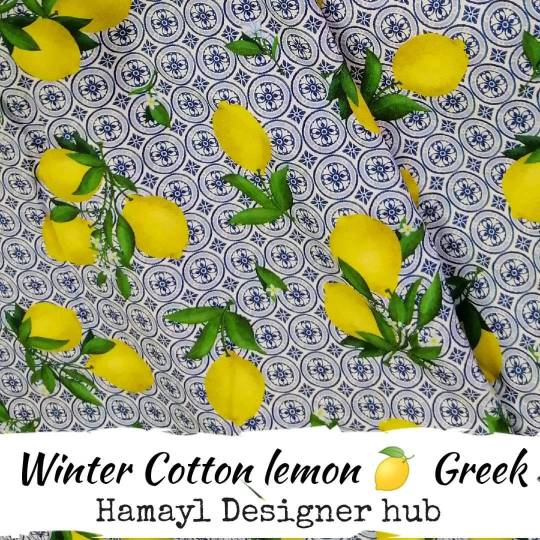
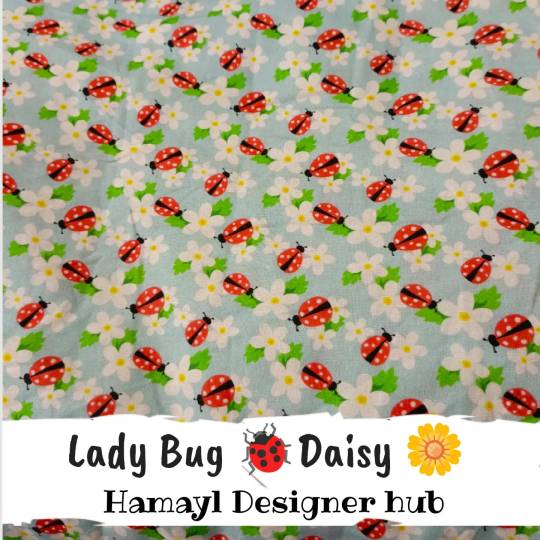


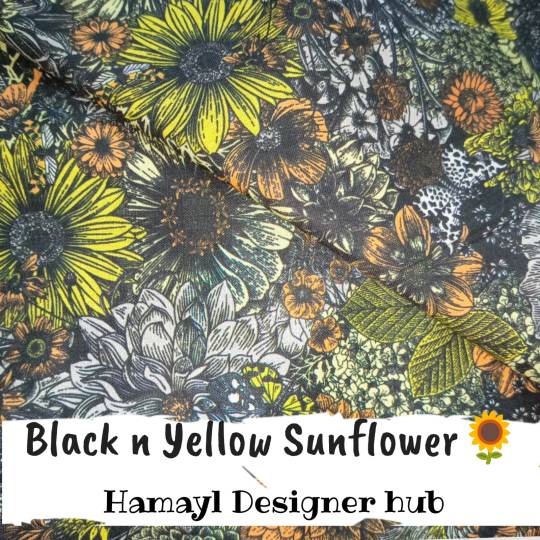

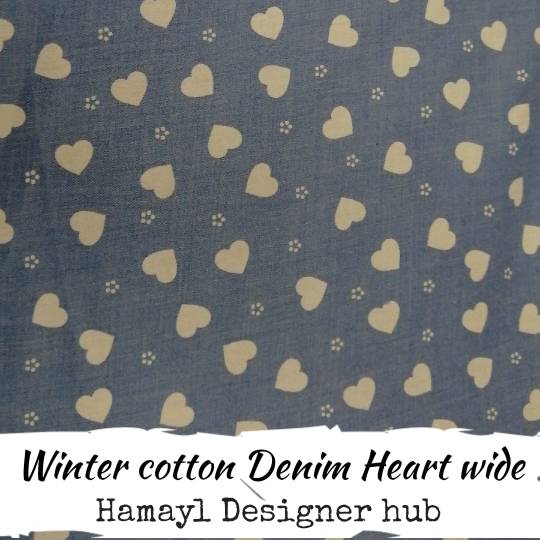
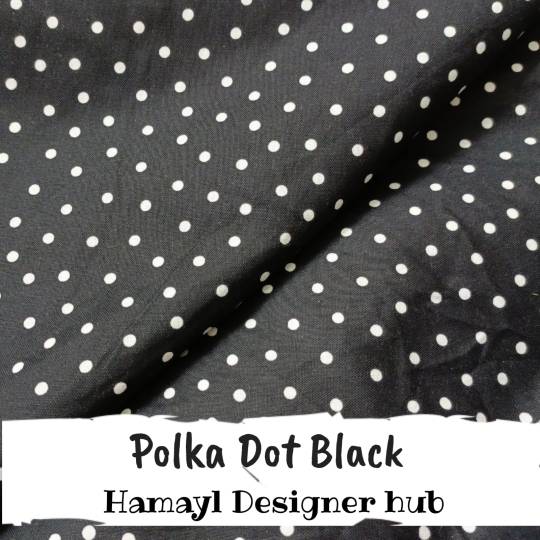

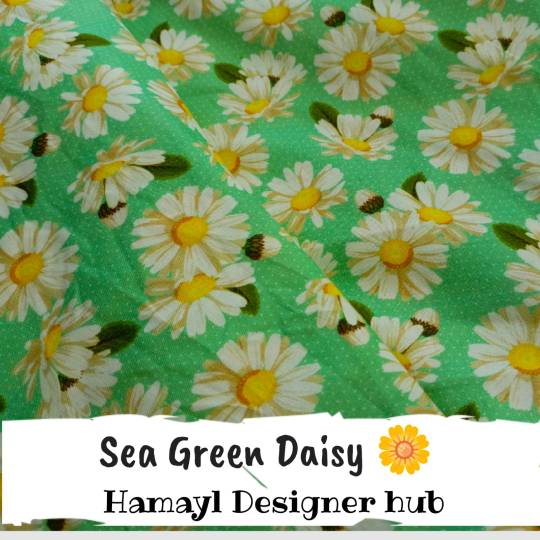
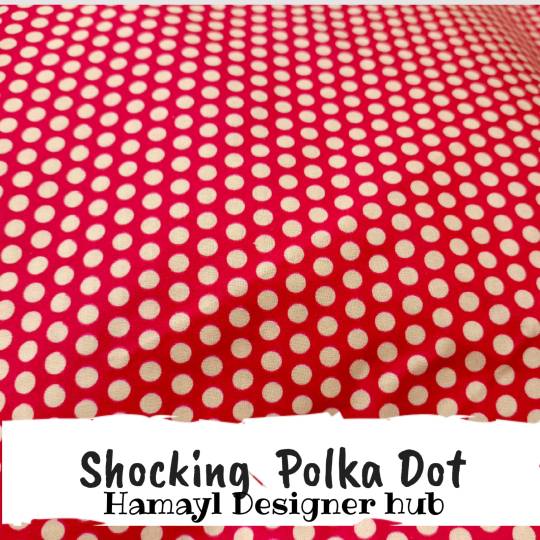
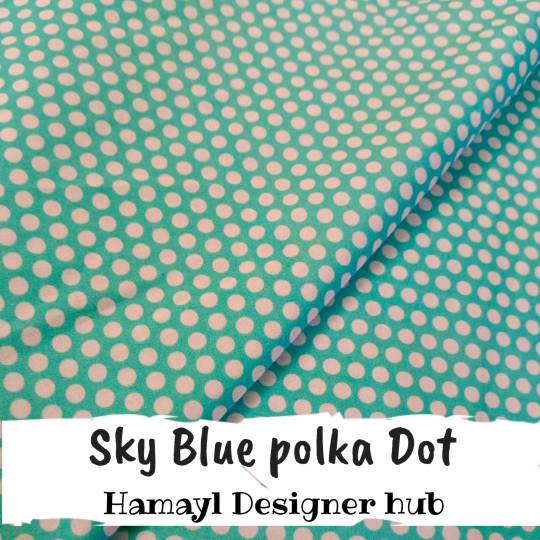
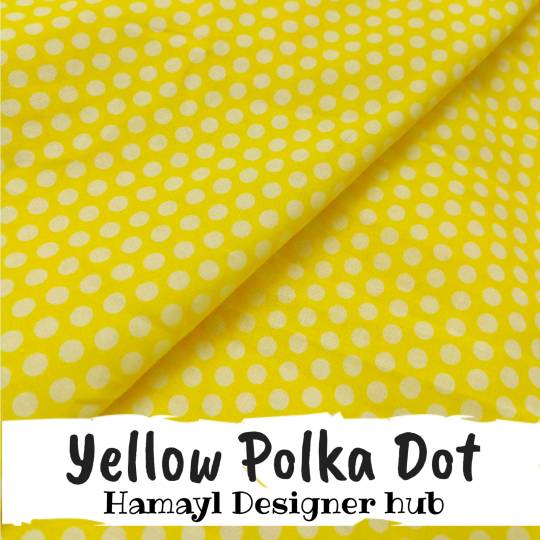
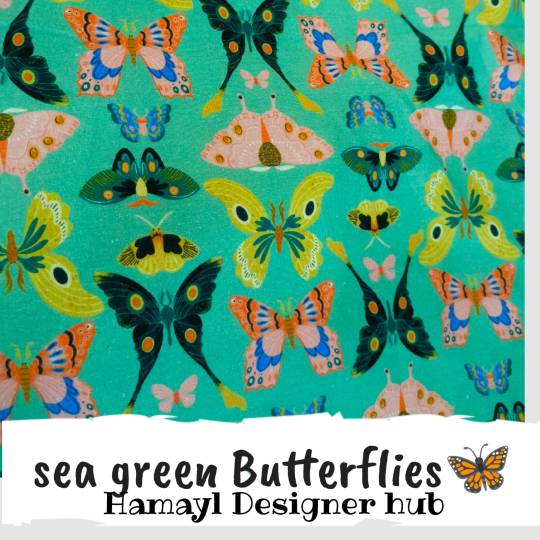
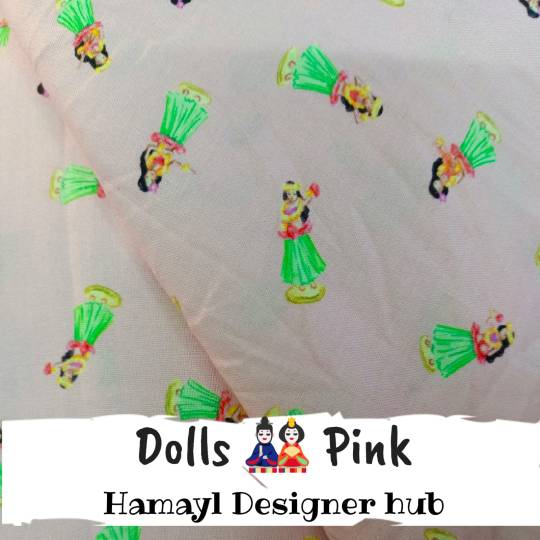
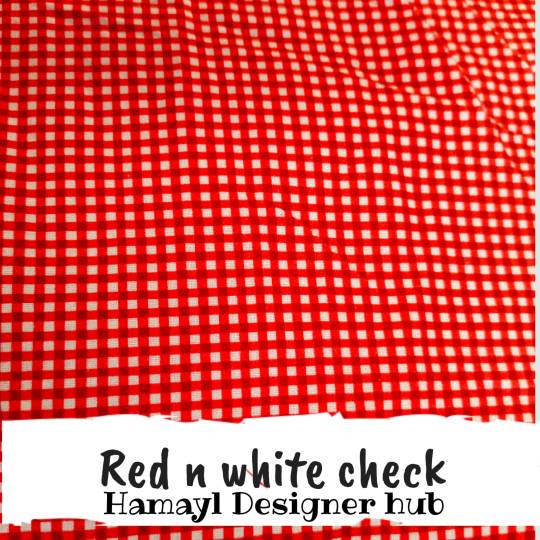


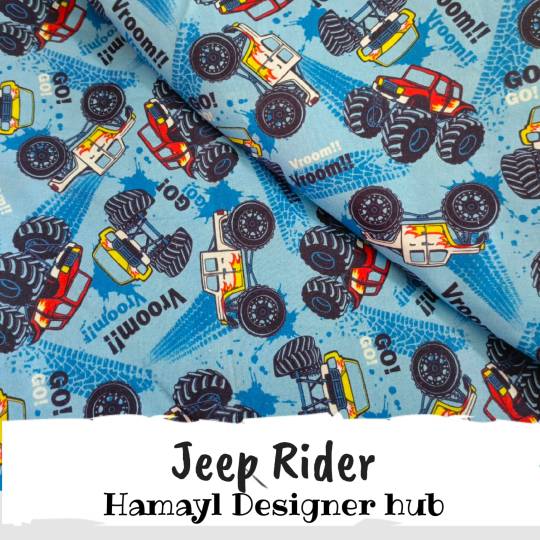
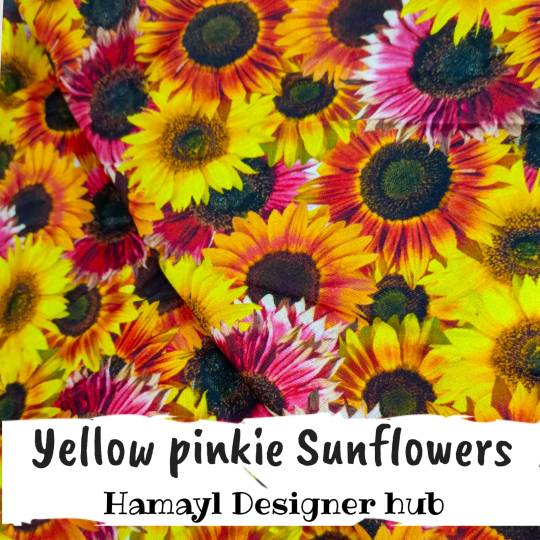
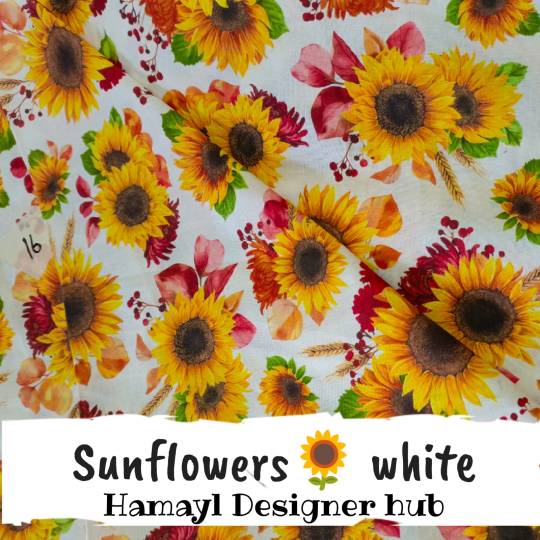
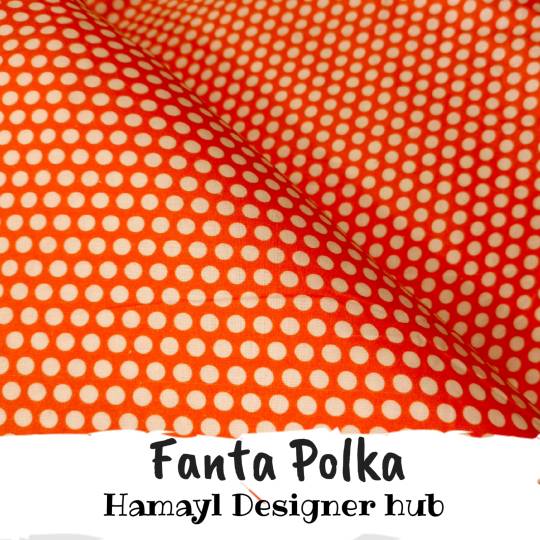
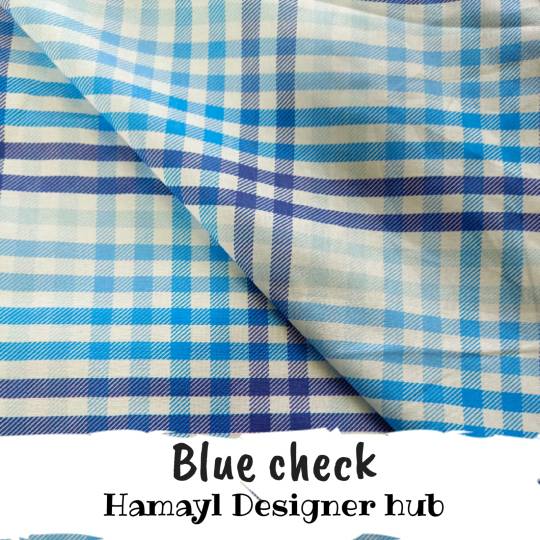
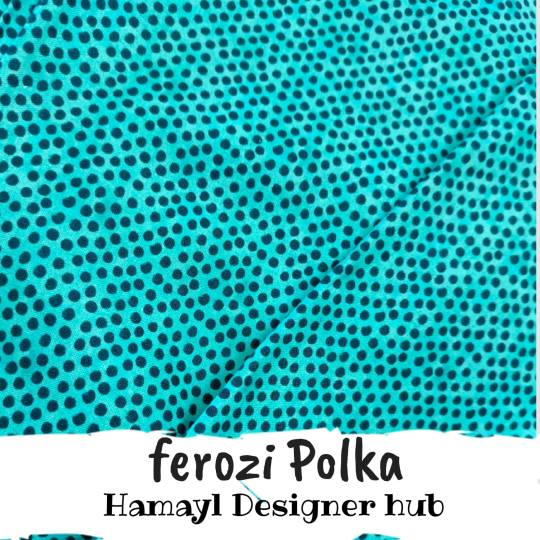
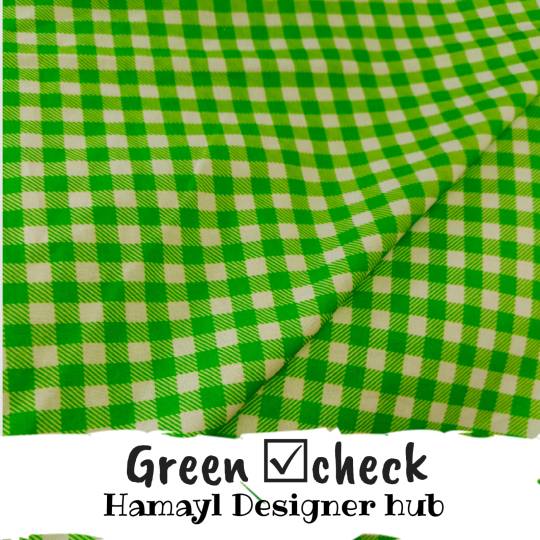
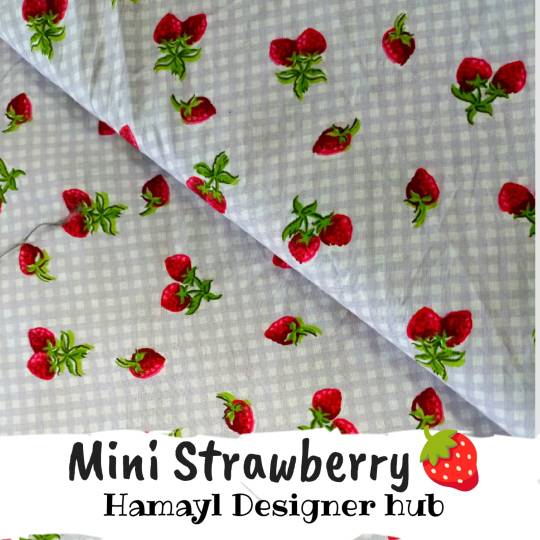
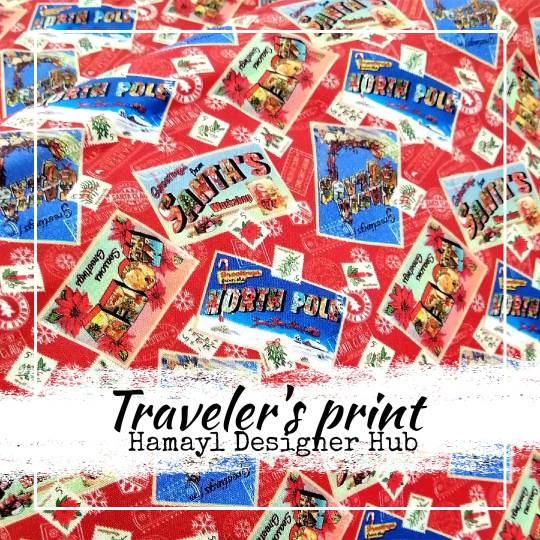

Pakistani lawn suits, Lawn dresses, Lawn prints, Designer lawn, Summer lawn collection, Pakistani lawn fashion, Lawn fabric, Lawn clothing, Lawn unstitched suits, Embroidered lawn suits, Digital printed lawn, Floral lawn prints, Lawn dupattas, Premium lawn collection, Exclusive lawn designs, Traditional lawn wear, Luxury lawn outfits, Summer lawn trends, Vibrant lawn colors, Pakistani lawn brands, Lawn shalwar kameez, Lawn salwar suits, Lawn trousers, Printed lawn shirts, Ethnic lawn wear, Lawn kurta designs, Lawn party wear, Pakistani lawn dresses, Lawn fabric online, Lawn attire, Lawn prints online, Lawn clothes online, Women's lawn collection, Men's lawn collection, Kids' lawn collection, Latest lawn trends, Pakistani lawn designers, Lawn material, Lawn catalog, Lawn sale, Lawn price, Lawn suits online, Lawn clothes shopping, Lawn outfit ideas, Lawn fashionista, Lawn wear for summer, Lawn clothing store, Lawn boutique, Lawn wardrobe essentials, Pakistani fashion lawn, Lawn dress designs, Lawn collection 2024, Lawn wear for women, Lawn wear for men, Lawn wear for kids, Lawn suits stitching, Lawn dresses stitching, Custom lawn suits, Stitched lawn suits, Pakistani lawn suits wholesale, Lawn suits export, Pakistani lawn suits online shopping, Lawn suit retailers, Lawn clothes boutique, Lawn fabric shop, Lawn fabric exporters, Lawn cloth market, Lawn print industry, Lawn material suppliers, Pakistani lawn clothing, Lawn wear brands, Lawn dress material, Lawn fashion online, Lawn dress shop, Lawn apparel, Lawn style, Lawn outfit inspiration, Lawn dress catalogue, Lawn wear blog, Lawn fashion trends, Lawn styling tips, Lawn fashion influencers, Lawn clothing ideas, Lawn wear lookbook, Lawn fashion shoot, Lawn outfit goals, Lawn style guide, Lawn fabric types, Lawn print techniques, Lawn clothing industry, Lawn fashion market, Lawn outfit coordination, Lawn fashionista community, Lawn clothing business, Lawn wear for occasions, Lawn dress up games, Lawn fashion inspiration, Lawn clothes for festivals, Lawn fashion events, Lawn apparel trends.
https://www.hamayldesignerhub.com
#Pakistani lawn suits#Lawn dresses#Lawn prints#Designer lawn#Summer lawn collection#Pakistani lawn fashion#Lawn fabric#Lawn clothing#Lawn unstitched suits#Embroidered lawn suits#Digital printed lawn#Floral lawn prints#Lawn dupattas#Premium lawn collection#Exclusive lawn designs#Traditional lawn wear#Luxury lawn outfits#Summer lawn trends#Vibrant lawn colors#Pakistani lawn brands#Lawn shalwar kameez#Lawn salwar suits#Lawn trousers#Printed lawn shirts#Ethnic lawn wear#Lawn kurta designs#Lawn party wear#Pakistani lawn dresses#Lawn fabric online#Lawn attire
1 note
·
View note
Text
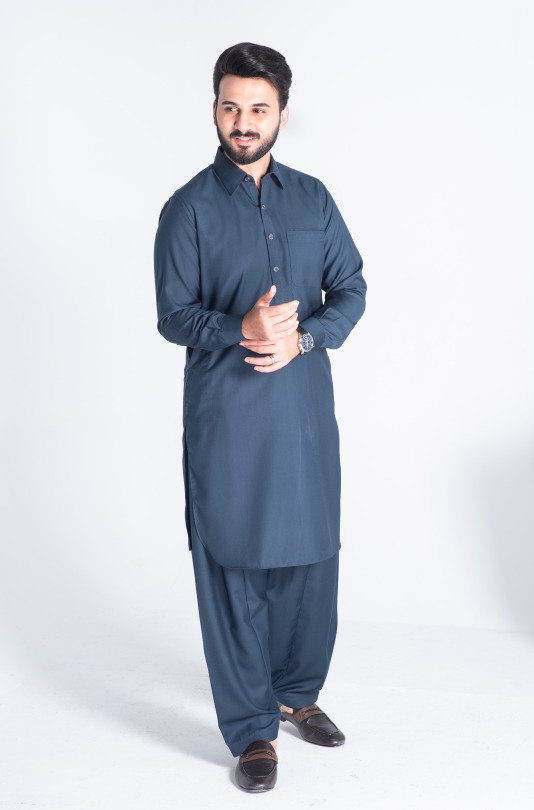
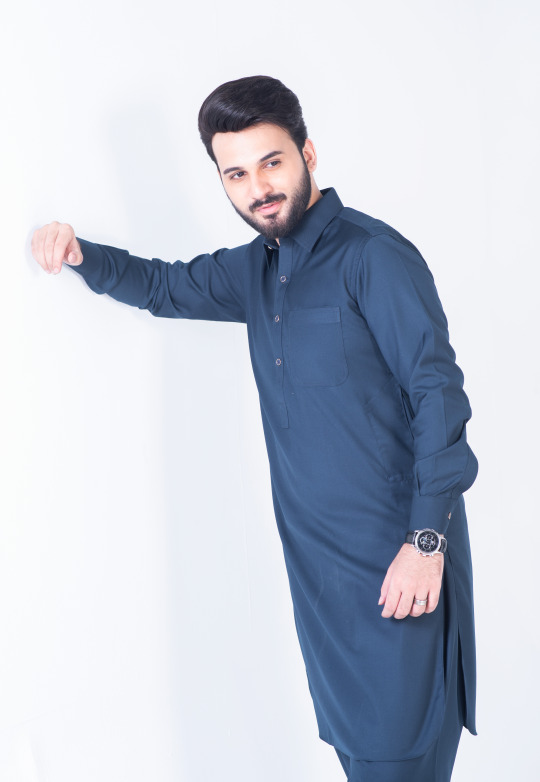
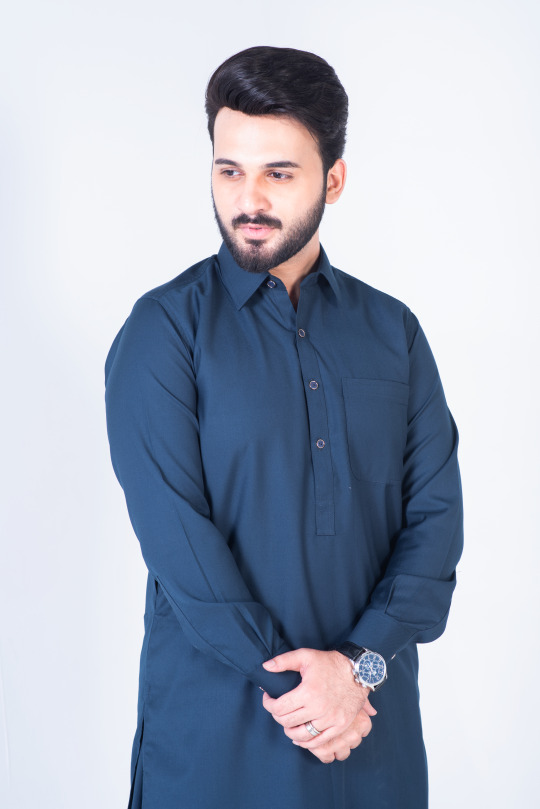
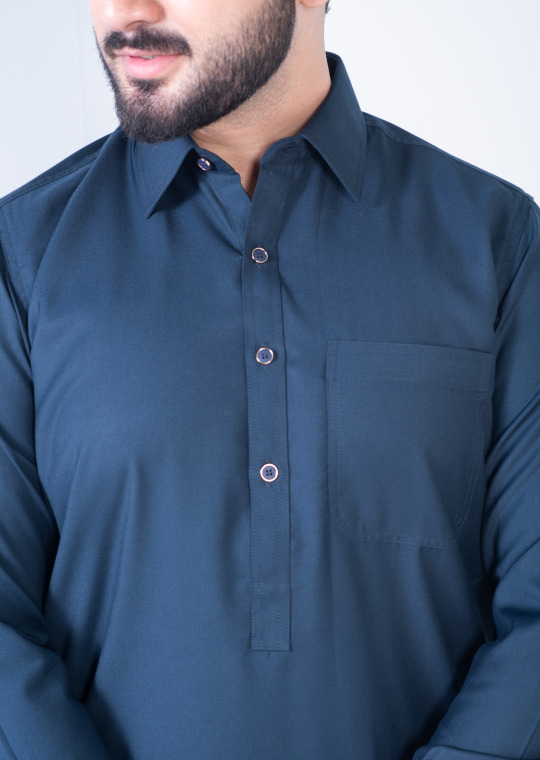
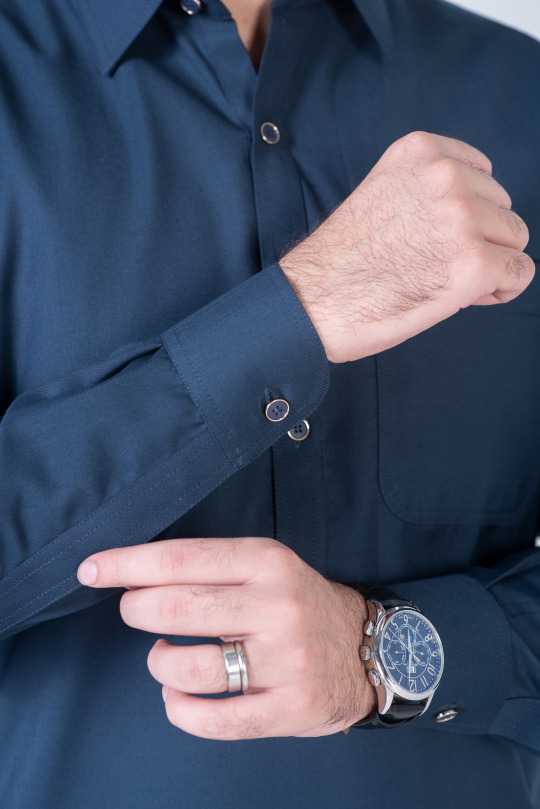
Steel Blue tropical shalwar kameez cut and sew with straight point collar and premium double stitching. Metal buttons create a sleek silhouette, while the one front pocket and two side pockets add utility.
Minimal rivet details of the visible placket and round cuff. With its high-quality fabric and construction, you can wear it all day long and feel confident and comfortable.
#Dandy#dandy designs#shalwar kameez for men#best clothing brand in Pakistan#shalwar kameez#top male clothing brands in Pakistan#top 20 clothing brands in Pakistan#mens shalwar kameez design#top clothing brands in Pakistan#shalwar kameez with waistcoat#shalwar kameez design gents#Pakistani mens shalwar kameez#shalwar kameez color#man kameez design#Pakistan top brands#men's clothing online#online shopping for men#best online clothing brands in Pakistan#best online clothing stores in Pakistan#best online clothing shopping website in Pakistan#men shalwar kameez sale#mens stitched shalwar kameez#steel blue shalwar kameez#steel blue shalwar kameez for men#steel blue shalwar kameez by dandy#buy steel blue shalwar kameez online#blue shalwar kameez for men
1 note
·
View note
Text
We are Professional Manufacturer of custom wear Clothing ( Fashion wear, Gym Wear, Sports, Wear & Fitness Wear). Nothing is Premade everything is done from scratch. We all set to produce your Brand’s collection.
WHY CHOOSE US? →
No Minimum Restriction →
Direct from Factory →
Rush Orders Available →
OEM Service Available →
FREE Artwork Designing →
Multiple Fabric Options →
Fast door to Door Delivery
• Secure and easy payment methods.
We do Sublimation, Embroidery, Screen Printing, Chenille embroider, Puff Print, 3D embroider, Tie Dye, Acid wash, Heat transfer Stickers, reflector Print and Silicone printing.
Riddle Apparel Garments Manufacturer Factory is here, which is providing our Customers reference from USA and Europe for your satisfaction and trust. Because reference is better than all reviews comments and any group verification
Get along with us to get the best experience Get in touch with us Email:[email protected]
#clothing wholesalers leeds#clothing vendors in atlanta#clothing manufacturer canada#clothing manufacturers#clothing brand#clothing#small batch clothing manufacturer#streetwear manufacturer#streetwear clothing manufacturers#clothing line vendors#apparel manufacturing companies#pakistani clothing manufacturers#garment manufacturing#garment factories#best clothing manufacturers
0 notes
Text
"Nasir Mansoor has spent 40 years fighting for Pakistan’s workers. Whether demanding compensation on behalf of the hundreds of people who died in a devastating 2012 factory fire in Karachi or demonstrating against Pakistani suppliers to global fashion brands violating minimum wage rules, he’s battled many of the country’s widespread labor injustices.
Yet so far, little has improved, said Mansoor, who heads Pakistan’s National Trade Union Federation in Karachi... Regulations and trade protocols look good on paper, but they rarely trickle down to the factory level. “Nobody cares,” Mansoor said. “Not the government who makes commitments, not the brands, and not the suppliers. The workers are suffering.”
Change on the Horizon
But change might finally be on the horizon after Germany’s new Supply Chain Act came into force last year. As Europe’s largest economy and importer of clothing, Germany now requires certain companies to put risk-management systems in place to prevent, minimize, and eliminate human rights violations for workers across their entire global value chains. Signed into law by German Chancellor Olaf Scholz in January 2023, the law covers issues such as forced labor, union-busting, and inadequate wages, for the first time giving legal power to protections that were previously based on voluntary commitments. Companies that violate the rules face fines of up to 8 million euros ($8.7 million)...
...As governments come to realize that a purely voluntary regimen produces limited results, there is now a growing global movement to ensure that companies are legally required to protect the people working at all stages of their supply chains.
The German law is just the latest example of these new due diligence rules—and it’s the one with the highest impact, given the size of the country’s market. A number of other Western countries have also adopted similar legislation in recent years, including France and Norway. A landmark European Union law that would mandate all member states to implement similar regulation is in the final stages of being greenlighted.
Although the United States has legislation to prevent forced labor in its global supply chains, such as the 2021 Uyghur Forced Labor Prevention Act, there are no federal laws that protect workers in other countries from abuses that fall short of forced labor. That said, a proposed New York state bill, the Fashion Act, would legally require most major U.S. and international brands to identify, prevent, and remediate human rights violations in their supply chain if passed, with noncompliance subject to fines. Since major fashion brands could hardly avoid selling their products in New York, the law would effectively put the United States on a similar legal level as Germany and France...
The Results So Far
As of January, Germany’s new law applies to any company with at least 1,000 employees in the country, which covers many of the world’s best-known fast fashion retailers, such as Zara and Primark. Since last January [Jan 2023], German authorities say they have received 71 complaints or notices of violations and conducted 650 of their own assessments, including evaluating companies’ risk management.
In Pakistan, the very existence of the German law was enough to spark action. Last year, Mansoor and other union representatives reached out to fashion brands that sourced some of their clothing in Pakistan to raise concerns about severe labor violations in garment factories. Just four months later, he and his colleagues found themselves in face-to-face meetings with several of those brands—a first in his 40-year career. “This is a big achievement,” he said. “Otherwise, [the brands] never sit with us. Even when the workers died in the factory fire, the brand never sat with us.” ...
-via The Fuller Project, April 2, 2024. Article headers added by me.
Article continues below, with more action-based results, including one factory that "complied, agreeing to respect minimum wages and provide contract letters, training on labor laws, and—for the first time—worker bonuses"
With the help of Mansoor and Zehra Khan, the general secretary of the Home-Based Women Workers Federation, interviews with more than 350 garment workers revealed the severity of long-known issues.
Nearly all workers interviewed were paid less than a living wage, which was 67,200 Pakistan rupees (roughly $243) per month in 2022, according to the Asia Floor Wage Alliance. Nearly 30 percent were even paid below the legal minimum wage of 25,000 Pakistani rupees per month (roughly $90) for unskilled workers. Almost 100 percent had not been given a written employment contract, while more than three-quarters were either not registered with the social security system—a legal requirement—or didn’t know if they were.
When Mansoor, Khan, and some of the organizations raised the violations with seven global fashion brands implicated, they were pleasantly surprised. One German retailer reacted swiftly, asking its supplier where the violations had occurred to sign a 14-point memorandum of understanding to address the issues. (We’re unable to name the companies involved because negotiations are ongoing.) The factory complied, agreeing to respect minimum wages and provide contract letters, training on labor laws, and—for the first time—worker bonuses.
In February [2024], the factory registered an additional 400 workers with the social security system (up from roughly 100) and will continue to enroll more, according to Khan. “That is a huge number for us,” she said.
It’s had a knock-on effect, too. Four of the German brand’s other Pakistani suppliers are also willing to sign the memorandum, Khan noted, which could impact another 2,000 workers or so. “The law is opening up space for [the unions] to negotiate, to be heard, and to be taken seriously,” said Miriam Saage-Maass, the legal director at ECCHR.
Looking Forward with the EU
...Last month [in March 2024], EU member states finally approved a due diligence directive after long delays, during which the original draft was watered down. As it moves to the next stage—a vote in the European Parliament—before taking effect, critics argue that the rules are now too diluted and cover too few companies to be truly effective. Still, the fact that the EU is acting at all has been described as an important moment, and unionists such as Mansoor and Khan wait thousands of miles away with bated breath for the final outcome.
Solidarity from Europe is important, Khan said, and could change the lives of Pakistan’s workers. “The eyes and the ears of the people are looking to [the brands],” Mansoor said. “And they are being made accountable for their mistakes.”"
-via The Fuller Project, April 2, 2024. Article headers added by me.
#pakistan#fashion#fashion industry#fast fashion#labor#labor unions#labor rights#unions#workers rights#capitalism#european union#germany#united states#new york#garment industry#garment manufacturing#supply chain#good news#hope
213 notes
·
View notes
Text
Unveiling “AFSANAY”: Shireen Lakdawala’s Debut Unstitched Collection

A New Chapter Unfolds: Unstitched Elegance
The launch of “AFSANAY” not only signifies Shireen Lakdawala’s venture into unstitched attire but also showcases her unwavering commitment to redefining Pakistani fashion. With a keen eye for detail and an inherent understanding of the Pakistani cultural ethos, Shireen’s collection promises to captivate fashion enthusiasts and connoisseurs alike. The fusion of intricate embroidery, rich fabrics, and vibrant hues embodies the essence of Pakistani tradition while embracing contemporary trends.
Pakistani Designers Redefining Fashion

Embracing Tradition: AFSANAY’s Ode to Pakistani Heritage
The “AFSANAY” collection pays homage to the rich cultural tapestry of Pakistan, seamlessly blending traditional craftsmanship with contemporary silhouettes. Each ensemble reflects the timeless elegance and grace that define Pakistani attire, offering a harmonious amalgamation of heritage and innovation. Shireen Lakdawala’s foray into unstitched designs is a testament to her dedication to preserving and celebrating the exquisite heritage of Pakistani fashion.
A Glimpse into the Unstitched Extravaganza

Pakistani Designers: Pioneers of Elegance and Innovation
The legacy of Pakistani designers has been synonymous with unparalleled elegance and innovation, and Shireen Lakdawala’s “AFSANAY” stands as a testament to this enduring legacy. The launch on the 5th of May is poised to elevate the unstitched fashion landscape, offering a glimpse into the resplendent world of Pakistani craftsmanship and creativity. As Shireen ventures into uncharted territory with her debut unstitched collection, she continues to uphold the legacy of Pakistani designers who have reshaped the global fashion narrative.
Celebrating “AFSANAY”: A New Chapter in Pakistani Fashion
The launch of Shireen Lakdawala’s “AFSANAY” collection on the 5th of May is a celebration of Pakistani fashion, heritage, and innovation. It marks a pivotal moment in the evolution of unstitched attire, as Shireen introduces a collection that seamlessly weaves together the timeless allure of Pakistani tradition and the contemporary aesthetics of modern fashion. With “AFSANAY,” Shireen invites fashion enthusiasts to embark on a journey through the rich tapestry of Pakistani design, showcasing the unparalleled artistry and ingenuity of Pakistani designers.
#shireen lakdawala#luxury pret pk#pakistani clothes#pakistani dresses#pakistani designers#pakistani designer clothes#pakistani clothing#pakistani designer brands#pakistani designer clothing
1 note
·
View note
Text
#bohostyle#marketing#home decor#business#handmade#Indian fashion#designer clothes#pakistani suits#pakistani fashion#traditional wear for women#ethnic wear \#trendy outfit#indian traditional wear#pakistani sharara suit#gift ideas#handmade dresses#embroidery work#kurties#suit#indian wear#support small business#rural crafting#etsyseller#etsystore#branding#etsyshop#etsy finds
2 notes
·
View notes
Note
How to learn Indian fashion I'm from India, but I don't know anything about passion, whom to follow, or what to search for. Sorry, I really don't know anything about this, nor do I have style. I just wear casual kurtas with jeans, idk.
I only use Pinterest for inspo. I don’t really keep up with any designer for that matter, but I do like certain ones like Anita Dongre, Tarun, Rahul Mishra, Raw Mango, Mulmul, Ogaan. go over their websites and check their style out. for heavier, more traditional clothing for big events like weddings, look at Pakistani designers on Pinterest. Just search for “pakistani salwar/ saree/ suit”
For everyday Indian pieces, I use Nykaa fashion. I buy from Soch, house of Jamoti, vintage look, smriti gupta, saaya the label, likha…. There’s lots of good options.
the best way to start working on your style is figuring out your body type (you can use Kibbe), figuring out your colour palette (look for colour season analysis online), then start building a Pinterest board with clothes that align with your body type + colours, explore the brands that you like, look at influencers who have similar taste as you.
9 notes
·
View notes
Text
Love Pakistani Dresses? Click Here to Elevate Your Wardrobe!

Are you searching for the Original Pakistani Dress Collection in Bangladesh? Look no further! Here is your destination. Visit our website AariZaan cloth studio. We are providing last 10 years original pakistani dress collection not only in bangladesh but also worldwide. From casual daily wear to luxurious festive outfits, these dresses offer a perfect balance of tradition and modern style.

Most women adore watching Pakistani dramas, often imagining themselves as beautiful as the glamorous heroines. This admiration fuels our deep passion for elegant Pakistani dresses. For this reason the demand for Original Pakistani Dress Collection in Bangladesh is on the rise, with fashion lovers embracing the elegance and charm of authentic Pakistani dresses.

These days, Pakistani dresses are widely available around us. However, the concern is that most of these are replica copies produced in the local Bangladeshi market. We stand out as the only provider that directly imports authentic Pakistani clothing from Pakistan, offering Bangladeshi customers the finest quality at the best prices. We ‘AariZaan Cloth Studio’ are working with renowned Pakistani dress brands like Gul Ahmed, Maria B, Sana Safinaz, Sapphire, Khaadi, Limelight, Cross Stitch, Faiza Faisal and Junaid Jamshed have set the standard in fashion. Our collections feature everything from luxury lawn suits for summer to stylish cotton dupatta ensembles that add grace to your daily look.

From beautifully crafted shalwar kameez to trendy kurtis and flowing maxis, these outfits are perfect for every occasion, whether it's a wedding, festival, or casual day out. The unique patterns and rich color combinations cater to the diverse fashion preferences of Bangladeshi women who appreciate sophistication and comfort.

If you are a student or office going woman you can easily choose our pakistani casual outings like co-ords which offers a blend of comfort and modern style. Meanwhile, Pakistani daily wear collections are designed for practicality without compromising on elegance. The intricate embroidery, bold prints, and versatile cuts make Pakistani dresses a standout choice for women of all ages.

The famous American actress and model Marilyn Monroe said that, ‘Happiness is not in money, but in shopping’. So ready to elevate your happiness? Explore the charm of Pakistani fashion today and elevate your style with original collections available right here in AariZaan Cloth Studio!
3 notes
·
View notes
Text
Nasir Mansoor has spent 40 years fighting for Pakistan’s workers. Whether demanding compensation on behalf of the hundreds of people who died in a devastating 2012 factory fire in Karachi or demonstrating against Pakistani suppliers to global fashion brands violating minimum wage rules, he’s battled many of the country’s widespread labor injustices.
Yet so far, little has improved, said Mansoor, who heads Pakistan’s National Trade Union Federation in Karachi. Despite spending most of his time dealing with issues in the country’s garment sector, labor laws are still routinely flouted inside factories. Not even European Union trade schemes such as the Generalized Scheme of Preferences—which benefits developing countries such as Pakistan but requires them to comply with international conventions on labor rights—have helped curb violations in an industry notorious for them. Regulations and trade protocols look good on paper, but they rarely trickle down to the factory level. “Nobody cares,” Mansoor said. “Not the government who makes commitments, not the brands, and not the suppliers. The workers are suffering.”
But change might finally be on the horizon after Germany’s new Supply Chain Act came into force last year. As Europe’s largest economy and importer of clothing, Germany now requires certain companies to put risk-management systems in place to prevent, minimize, and eliminate human rights violations for workers across their entire global value chains. Signed into law by German Chancellor Olaf Scholz in January 2023, the law covers issues such as forced labor, union-busting, and inadequate wages, for the first time giving legal power to protections that were previously based on voluntary commitments. Companies that violate the rules face fines of up to 8 million euros ($8.7 million).
For decades, Western companies based in countries with highly paid workers and strong labor protections have sourced from low-income countries where such laws don’t exist or are weakly enforced. While this business model cuts costs, it’s made it incredibly difficult for workers to seek justice when problems arise. Given the garment sector’s long history of poor labor conditions—whose victims are a predominantly female workforce—rights groups say the industry will feel some of the highest impacts of new due diligence laws such as Germany’s.
Until now, promises made by fashion brands to safeguard workers stitching clothes in factories around the world have been largely voluntary and poorly monitored. If the promises failed or fell short and that information became public, the main fallout was reputational damage. As governments come to realize that a purely voluntary regimen produces limited results, there is now a growing global movement to ensure that companies are legally required to protect the people working at all stages of their supply chains.
The German law is just the latest example of these new due diligence rules—and it’s the one with the highest impact, given the size of the country’s market. A number of other Western countries have also adopted similar legislation in recent years, including France and Norway. A landmark European Union law that would mandate all member states to implement similar regulation is in the final stages of being greenlighted.
Although the United States has legislation to prevent forced labor in its global supply chains, such as the 2021 Uyghur Forced Labor Prevention Act, there are no federal laws that protect workers in other countries from abuses that fall short of forced labor. That said, a proposed New York state bill, the Fashion Act, would legally require most major U.S. and international brands to identify, prevent, and remediate human rights violations in their supply chain if passed, with noncompliance subject to fines. Since major fashion brands could hardly avoid selling their products in New York, the law would effectively put the United States on a similar legal level as Germany and France.
Abuses in textile manufacturing have been well documented. Horror stories about brutal violence or building collapses make the news when there’s a major incident, but every day, members of a predominantly female workforce live on low wages, work long hours, and endure irregular contracts. Trade unions, when they are allowed, are often unable to protect workers. A decade ago, the European Parliament described the conditions of garment workers in Asia as “slave labour.”
As of January, Germany’s new law applies to any company with at least 1,000 employees in the country, which covers many of the world’s best-known fast fashion retailers, such as Zara and Primark. Since last January, German authorities say they have received 71 complaints or notices of violations and conducted 650 of their own assessments, including evaluating companies’ risk management.
In Pakistan, the very existence of the German law was enough to spark action. Last year, Mansoor and other union representatives reached out to fashion brands that sourced some of their clothing in Pakistan to raise concerns about severe labor violations in garment factories. Just four months later, he and his colleagues found themselves in face-to-face meetings with several of those brands—a first in his 40-year career. “This is a big achievement,” he said. “Otherwise, [the brands] never sit with us. Even when the workers died in the factory fire, the brand never sat with us.”
Nearly 12 years on from the 2012 fire, which killed more than 250 people, violations are still rife for Pakistan’s 4.4 million garment sector workers, who produce for many of the major global brands. Several of these violations were highlighted in research conducted by FEMNET, a German women’s rights nonprofit, and the European Center for Constitutional and Human Rights (ECCHR), a Berlin-based nongovernmental organization, into how companies covered by the Supply Chain Act were implementing their due diligence obligations in Pakistan. With the help of Mansoor and Zehra Khan, the general secretary of the Home-Based Women Workers Federation, interviews with more than 350 garment workers revealed the severity of long-known issues.
Nearly all workers interviewed were paid less than a living wage, which was 67,200 Pakistan rupees (roughly $243) per month in 2022, according to the Asia Floor Wage Alliance. Nearly 30 percent were even paid below the legal minimum wage of 25,000 Pakistani rupees per month (roughly $90) for unskilled workers. Almost 100 percent had not been given a written employment contract, while more than three-quarters were either not registered with the social security system—a legal requirement—or didn’t know if they were.
When Mansoor, Khan, and some of the organizations raised the violations with seven global fashion brands implicated, they were pleasantly surprised. One German retailer reacted swiftly, asking its supplier where the violations had occurred to sign a 14-point memorandum of understanding to address the issues. (We’re unable to name the companies involved because negotiations are ongoing.) The factory complied, agreeing to respect minimum wages and provide contract letters, training on labor laws, and—for the first time—worker bonuses.
In February, the factory registered an additional 400 workers with the social security system (up from roughly 100) and will continue to enroll more, according to Khan. “That is a huge number for us,” she said.
It’s had a knock-on effect, too. Four of the German brand’s other Pakistani suppliers are also willing to sign the memorandum, Khan noted, which could impact another 2,000 workers or so. “The law is opening up space for [the unions] to negotiate, to be heard, and to be taken seriously,” said Miriam Saage-Maass, the legal director at ECCHR.
After decades of issues being swept under the carpet, it’s a positive step, Mansoor said. But he’s cautious. Of the six remaining global fashion brands contacted, three are in discussions with the union, while three didn’t respond. Implementation is key, he said, particularly because there has already been pushback from some Pakistani factory owners.
Last month, EU member states finally approved a due diligence directive after long delays, during which the original draft was watered down. As it moves to the next stage—a vote in the European Parliament—before taking effect, critics argue that the rules are now too diluted and cover too few companies to be truly effective.
Still, the fact that the EU is acting at all has been described as an important moment, and unionists such as Mansoor and Khan wait thousands of miles away with bated breath for the final outcome. Solidarity from Europe is important, Khan said, and could change the lives of Pakistan’s workers. “The eyes and the ears of the people are looking to [the brands],” Mansoor said. “And they are being made accountable for their mistakes.”
9 notes
·
View notes
Text
Pakistani Kids Clothing Brands You Can Trust
As one of the top Pakistani kids clothing brands, Little n Loom takes pride in offering clothing that is both stylish and functional. We understand the importance of creating pieces that can handle the energy of young kids while still looking sharp and sophisticated. Our collection of kids eastern wear is designed with the highest quality fabrics that are both breathable and comfortable.

0 notes